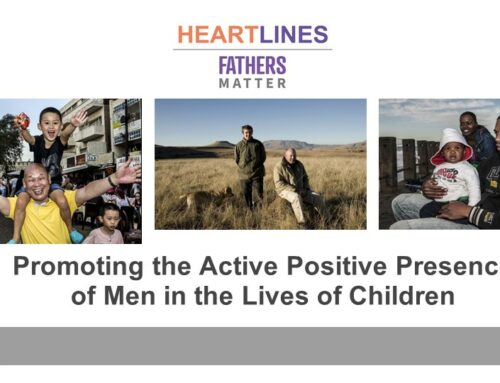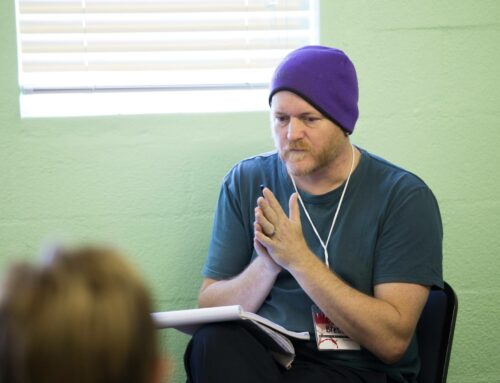I think it is important that I give an examples of how ‘baseline’ thinking can help us navigate difficult waters.
1.) The issue of employment equity is a difficult one. My take on it is that from my experience both young white and black people fundamentally want to feel like they are being treated fairly and of course that is a most reasonable thing, but I do want to latch on to the idea of fairness.
If we are to truly work towards fairness we have to agree in principle on certain things.
We all have to agree in principle that it is not a desirable thing when talented young white people are snubbed for jobs in order to fill quotas.
However white people must also recognise and admit that when black people come into the workplace they are assumed INCOMPETENT until proven otherwise, while white people are assumed COMPETENT until proven otherwise. This sort of thing contributes to the larger feeling of racial inequality which pervades society.
In order to illustrate this I will use examples of people I know.
I have a white friend who was snubbed for a job because of AA. He is bright and applied his economics training while he was at varsity to helping solve problems in poor communities.
He was hurt that he was overlooked for a job.
I didn’t feel okay about this,
But also I remember going to an engineers braai at Wits with some friends and catching up and hearing stories of black graduates who talked of their difficulties in the workplace.
A lot of these guys and girls came from poor backgrounds(their schools were the kind you payed R100 a year to go to), who had faced obstacles many white people cannot even fathom and yet when they got to the workplace they found themselves faced with even more systematic challenges(something I think would make anyone bitter) and exclusion that FELT distinctly racial.
Now my point is this; There are grievances on both sides of this and a solution is not going to be easy or painless but if we are to move forward and move towards creating non-racial workspaces we must all admit that the workplace is engineered in the sense that white people have an easier path to success(because of the generational privileges accorded to them by Apartheid) and that some very undeserving black people have at times being given jobs(AA and BEE are attempts to disrupt the ‘white’ hegemony created in the workplace by Apartheid policies)….
It seems to me that a lot of young white and black people could unburden themselves if they was an agreement that what we ALL WANT are workspaces where the brightest and the most hardworking and those who network the best can get ahead(social and emotional intelligence).
I think it also needs to be said that a lot of white people are grossly entitled and this evidences by the fact that when they don’t get hired they immediatedly assume it’s because of AA or BEE. This is shockingly arrogant because it assumes that a person of colour can never be more suitable for a job than them. In fact I would go so far as to say that this is a racist assumption.
So, in short, I personally think that until white people become serious(as those who have an advantage in the workplace) and agree to the baseline requirements I mentioned, we will not move forward on this issue anytime soon.
We can only have a discussion point once all sides recognise that our system is fundamentally set up in a way that encourages dichotomy and antagonism and that we have to imagine a better way forward otherwise we find ourselves in a future of mutually assured misery
[For more thoughts on First Steps towards a New South Africa by Sindile, click here]







[…] A Look at Employment Equity – Sindile Vabaza talks through this one example of things to consider when pushing ahead […]
Again, I really like the way you frame issues around race in SA. It’s really fantastic.
I totally agree that in the workplace people of all races should treat each other on equal merit and on ability.
Something that has to be mentioned in this though is education. The fact that there isn’t equal education in general means that there isn’t equal access to universities and therefore equal access to skilled jobs. For those black students who do make it into university, they often seem to struggle more or take longer than white people, not because of less talent or inherent ability but often because of a poorer start to education during schooling. I wonder if this breeds the perception that black university students aren’t as smart, and therefore not as capable in the workplace.
The fact is that, as long as someone has achieved their qualification, they should be on equal standing with someone else of the same qualification, whether they took an extra year to achieve it or not.
Blaming education isn’t an excuse to continue racist expectations in the workplace. Those who are working need to do as you outline. I do feel though that equal education would go a long way to dismantling the things that perhaps promote this sort of ugly thinking.
Good take Sindile. Agree with your comment Mike T. Thanks for the discussion Brett.
[…] [For some challenging thoughts by Sindile on Employment Equity, click here] […]